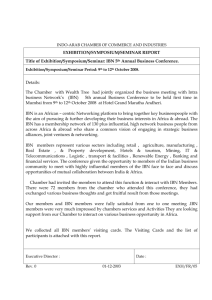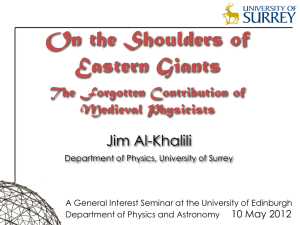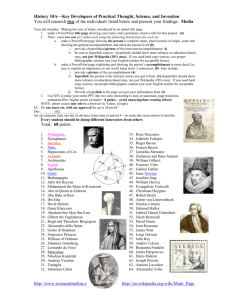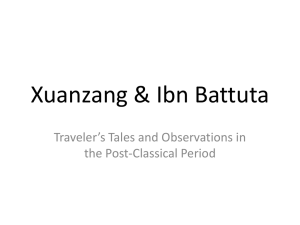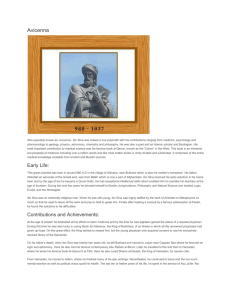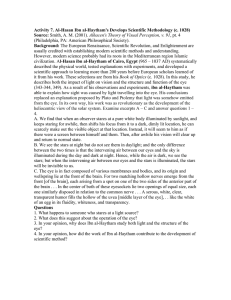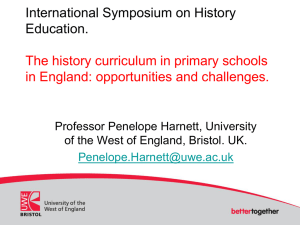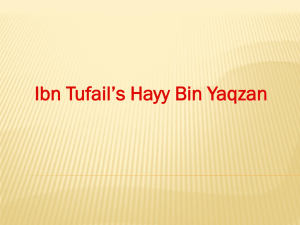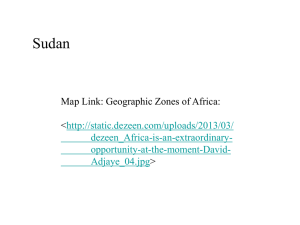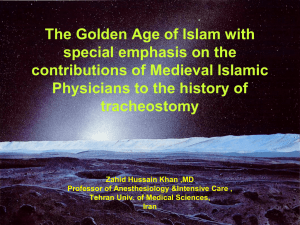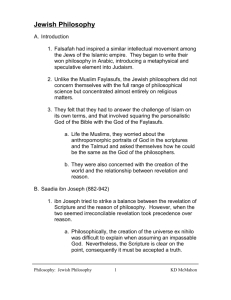Summary of the presentation: `Enthusiastick` Uses of the Oriental
advertisement
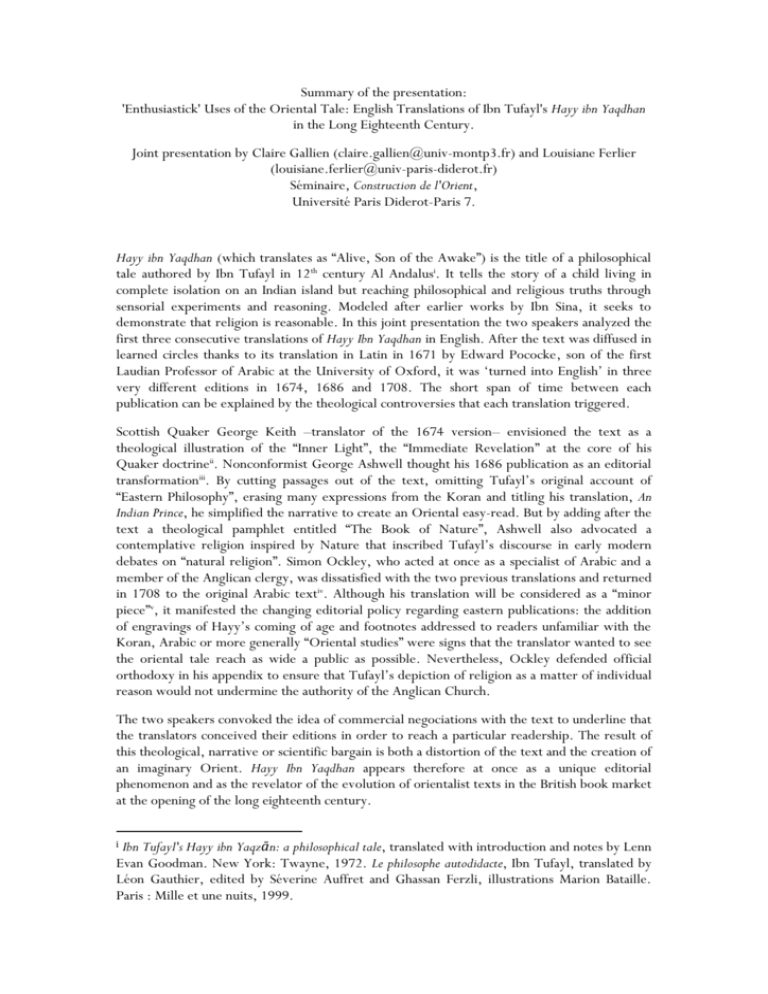
Summary of the presentation: 'Enthusiastick' Uses of the Oriental Tale: English Translations of Ibn Tufayl's Hayy ibn Yaqdhan in the Long Eighteenth Century. Joint presentation by Claire Gallien (claire.gallien@univ-montp3.fr) and Louisiane Ferlier (louisiane.ferlier@univ-paris-diderot.fr) Séminaire, Construction de l'Orient, Université Paris Diderot-Paris 7. Hayy ibn Yaqdhan (which translates as “Alive, Son of the Awake”) is the title of a philosophical tale authored by Ibn Tufayl in 12th century Al Andalusi. It tells the story of a child living in complete isolation on an Indian island but reaching philosophical and religious truths through sensorial experiments and reasoning. Modeled after earlier works by Ibn Sina, it seeks to demonstrate that religion is reasonable. In this joint presentation the two speakers analyzed the first three consecutive translations of Hayy Ibn Yaqdhan in English. After the text was diffused in learned circles thanks to its translation in Latin in 1671 by Edward Pococke, son of the first Laudian Professor of Arabic at the University of Oxford, it was ‘turned into English’ in three very different editions in 1674, 1686 and 1708. The short span of time between each publication can be explained by the theological controversies that each translation triggered. Scottish Quaker George Keith –translator of the 1674 version– envisioned the text as a theological illustration of the “Inner Light”, the “Immediate Revelation” at the core of his Quaker doctrineii. Nonconformist George Ashwell thought his 1686 publication as an editorial transformationiii. By cutting passages out of the text, omitting Tufayl’s original account of “Eastern Philosophy”, erasing many expressions from the Koran and titling his translation, An Indian Prince, he simplified the narrative to create an Oriental easy-read. But by adding after the text a theological pamphlet entitled “The Book of Nature”, Ashwell also advocated a contemplative religion inspired by Nature that inscribed Tufayl’s discourse in early modern debates on “natural religion”. Simon Ockley, who acted at once as a specialist of Arabic and a member of the Anglican clergy, was dissatisfied with the two previous translations and returned in 1708 to the original Arabic textiv. Although his translation will be considered as a “minor piece”v, it manifested the changing editorial policy regarding eastern publications: the addition of engravings of Hayy’s coming of age and footnotes addressed to readers unfamiliar with the Koran, Arabic or more generally “Oriental studies” were signs that the translator wanted to see the oriental tale reach as wide a public as possible. Nevertheless, Ockley defended official orthodoxy in his appendix to ensure that Tufayl’s depiction of religion as a matter of individual reason would not undermine the authority of the Anglican Church. The two speakers convoked the idea of commercial negociations with the text to underline that the translators conceived their editions in order to reach a particular readership. The result of this theological, narrative or scientific bargain is both a distortion of the text and the creation of an imaginary Orient. Hayy Ibn Yaqdhan appears therefore at once as a unique editorial phenomenon and as the revelator of the evolution of orientalist texts in the British book market at the opening of the long eighteenth century. i Ibn Tufayl's Hayy ibn Yaqzān: a philosophical tale, translated with introduction and notes by Lenn Evan Goodman. New York: Twayne, 1972. Le philosophe autodidacte, Ibn Tufayl, translated by Léon Gauthier, edited by Séverine Auffret and Ghassan Ferzli, illustrations Marion Bataille. Paris : Mille et une nuits, 1999. George Keith, An account of the Oriental philosophy shewing the wisdom of some renowned men of the East and particularly the profound wisdom of Hai Ebn Yokdan, both in natural and divine things, which he attained without all converse with men, (while he lived in an island a solitary life, remote from all men from his infancy, till he arrived at such perfection). London: s.n., 1674. iii George Ashwell, The History of Hai Eb’n Yockdan, an Indian Prince: or the Self-Taught Philosopher. London: printed for Richard Chiswell, in S. Paul’s Churchyard, and William Thorp Bookseller in Banbury, 1686. iv Simon Ockley, The Improvement of Human Reason, Exhibited in the Life of Hai Ebn Yokdhan. London: Printed and Sold by Edm. Powell in Blackfriars, and J. Morphew near Stationers-hall, 1708. v A new and general biographical dictionary; containing an historical and critical account of the lives and writings of the most eminent persons in every nation… 11 vols. London: printed for T. Osborne, J. Whiston and B. White, W. Strahan, T. Payne, W. Owen, W. Johnston, S. Crowder, B. Law, T. Field, T. Durham, J. Robson, R. Goadby, and E. Baker, MDCCLXI. [1761], vol. 9, p.14, 15. ii
